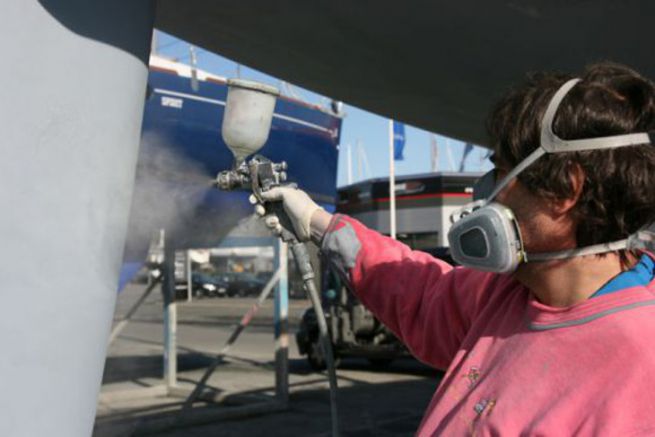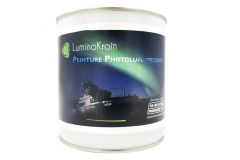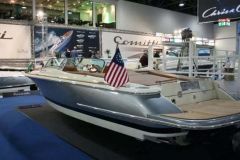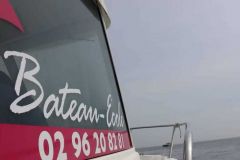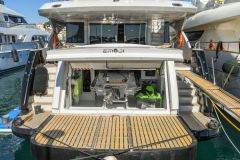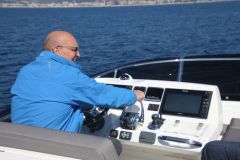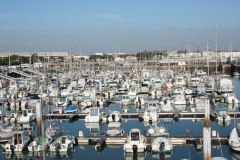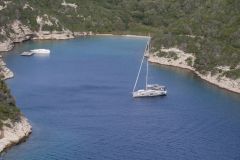Among the traditional legislative and regulatory changes at the beginning of the year, BoatIndustry has identified 3 that affect the boating industry and recreational boats as of January 1, 2018.
New antifouling regulations
The entry into force on 1 January 2018 of the new European regulation on biocides has a direct impact on the manufacture of antifouling paints. The list of biocides authorised by the European Community has been reduced from 25 to 10, in order to limit environmental impacts. In addition, the regulations now allow two different levels of toxicity for professional and private applicators. In response to these changes, each manufacturer has adopted a different strategy to adapt its antifouling paint ranges to the new standard. A transitional period of 6 months is in force until the end of June 2018 to sell stocks of paint designed according to the old regulations.
Asbestos detection
In its decree of 20 December 2017, the Ministry of Transport amended the procedure for tracking asbestos on board ships. By specifying the standard model of the evaluation grid and the content of the asbestos detection report, the State wishes to help accredited bodies to carry out their diagnosis in the context of preventing the risks associated with asbestos on board ships.
Removal of the crew role
The crew roll, which until now has been mandatory for all ships engaged in professional navigation, is no longer required. The Blue Economy Act introduced the armaments permit on 1 January 2018. There are three types of licences: the "commercial" armament licence, the "fishing and marine culture" armament licence and the "pleasure" armament licence. In pleasure boating, 3 types of ships can apply for an armament permit from the departmental directorate of territories and the sea of their department:
- pleasure craft for personal use: when the owner employs a seafarer directly or through a maritime labour company
- rental pleasure craft for personal use: when the tenant employs a seafarer directly or through a maritime labour company
- pleasure craft for personal use delivered
